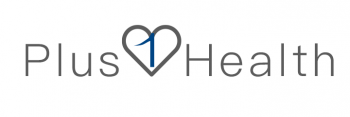There are several reasons why heart rhythm monitoring might be recommended. It’s most often needed when there is a question about whether you have a heart rhythm issue that a standard ECG hasn’t or most likely won’t picked up.
Some common reasons are if you have:
1.Heart palpitations. For example, if you notice your heart is flip-flopping or beating unevenly or very quickly. Many heart palpitations aren’t serious and are more of a nuisance (for example with premature ventricular contractions, or PVCs, which are “extra” heartbeats). Still, it’s important to know what is happening with your heart, and whether you need any follow-up visits.
2.Other symptoms – for example dizziness or feeling faint – that suggest you might have atrial fibrillation or another heart rhythm disorder.
3.Unexplained fainting spells, stroke, or mini strokes.
4.A family history of or existing heart disease. Heart rhythm problems are common among people with heart disease, but many people may not have clear symptoms and may even have a normal ECG. Finding a heart rhythm problem early can help prevent other complications.
5.Had a recent heart-related event or treatment to be able to monitor your heart activity for any irregular or dangerous rhythms after:
1.Starting or stopping a heart medicine;
2.An ablation;
3.A heart attack;
4.Finding out you have hypertrophic cardiomyopathy or other heart problems linked to heart rhythm disorders.
Plus1Health has a Holter ECG,it is compact and exquisite, easy to carry, and can monitor for up to 24 hours in real-time, record abnormal situations, automatically generate electrocardiogram and report analysis.
Here are two free heart rate monitor apps—”Heart Rate” and ”AFibCheck”, it is simple and convenient to operate,which can be downloaded and used after searching in the mobile app store.
